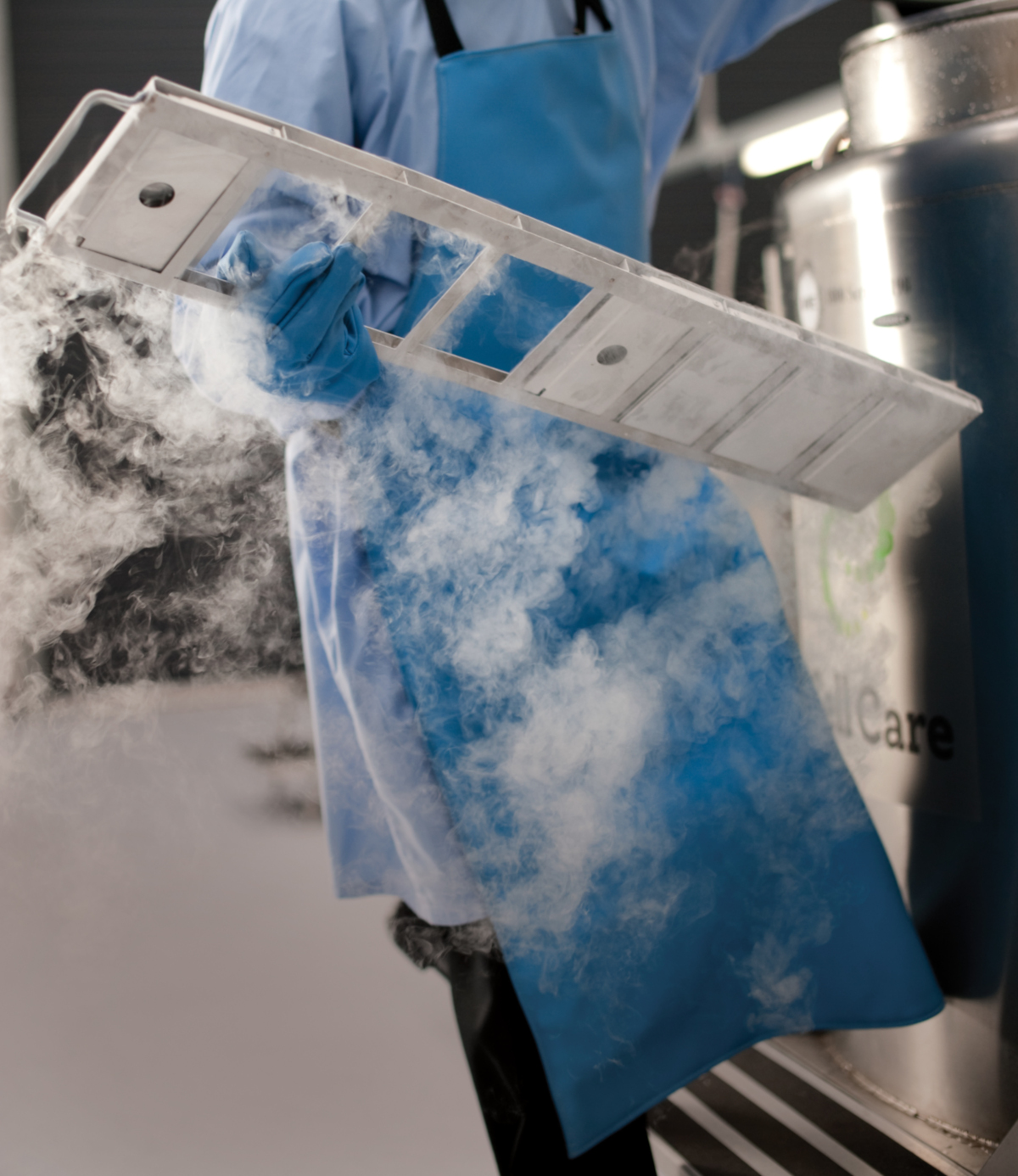Why are stem cells powerful?
Stem cells are powerful because they have the ability to support the recreation and regeneration of the organs, blood, tissue and immune system that make up our bodies. Stem cells are the foundation of normal growth and development of any organism and serve as the biological repair system for our body.
While stem cells can be found in places like bone marrow and fat tissue, the younger, more flexible stem cells in the body come from a newborn's umbilical cord blood and tissue.
As an important source of such potent cells, umbilical cord blood and tissue can be stored for potential future use.
Why store cord blood and tissue stem cells?

Transplantation of cord blood is currently being used in place of bone marrow transplants for many conditions such as malignancies, immune system and metabolic disorders1. In addition to their relative potency, cord blood cells are less likely to cause problems in transplant because of their regulation of the immune system which promotes engraftment and cell proliferation. The properties of cord blood stem cells mean they engraft more easily into a patient’s body.
Cord tissue has different types of cells to cord blood. Cord tissue stem (stromal) cells promote the regeneration of tendon, cartilage, muscle and bone. 2
Worldwide, cord blood has been used in over 40,000 42 transplants for over 80 conditions 43 .
Your baby’s umbilical cord stem cells are a perfect match for your child.
In addition to the 80 conditions today, there is a vast and expanding range of new therapies being researched that anticipate using cord blood and tissue in the future; e.g. spinal cord injury 27 .
Click here to learn more about cord blood and tissue clinical trials and research.
Cord blood and tissue is collected at birth
There is only one chance to collect and store your baby's cord blood and tissue stem cells – at birth. The collection process is quick and painless for both mother and baby, and is performed by your lead maternity carer.

